LeBron James’s Son Suffers Cardiac Arrest—Here are the Signs
Here is everything you need to know about cardiac arrest.

Bronny James, 18, the son of basketball icon LeBron James, suffered a medical emergency when he collapsed during a workout in Los Angeles on Monday during practice at USC. “Yesterday while practicing Bronny James suffered a cardiac arrest. Medical staff was able to treat Bronny and take him to the hospital,” the family said in a statement. “He is now in stable condition and no longer in ICU. We ask for respect and privacy for the James family and we will update media when there is more information. LeBron and Savannah wish to publicly send their deepest thanks and appreciation to the USC medical and athletic staff for their incredible work and dedication to the safety of their athletes.” What exactly is a cardiac arrest episode and what are the signs? Here is everything you need to know.
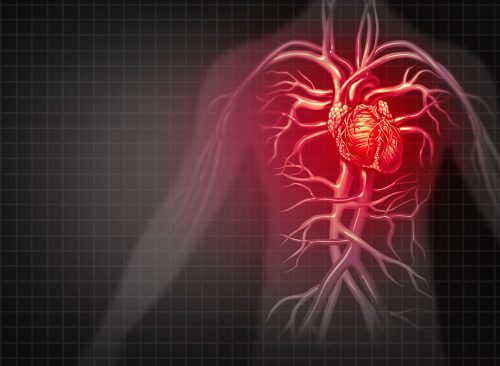
According to Merck Manual, a heart attack is not the same thing as cardiac arrest. In the case of a heart attack, there is a blockage of an artery (blood vessel) that supplies blood to the heart tissue causing a lack of oxygen supply, death of heart cells, and symptoms like chest pain, but the heart usually keeps beating. By contrast, cardiac arrest means that the heart stops beating.
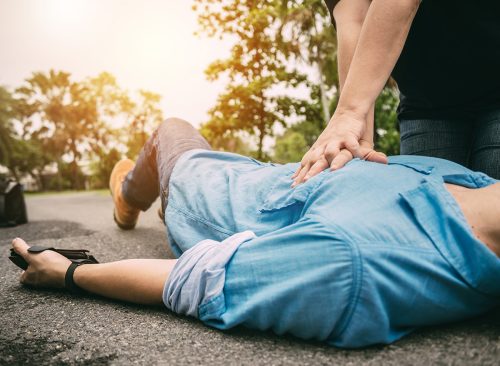
According to the Mayo Clinic, oftentimes a cardiac arrest episode comes without warning. The first sign can be a sudden collapse.

When a person suffers from sudden cardiac arrest (SCA) their pulse often stops. The Mayo Clinic explains that it “is the sudden loss of all heart activity due to an irregular heart rhythm.”
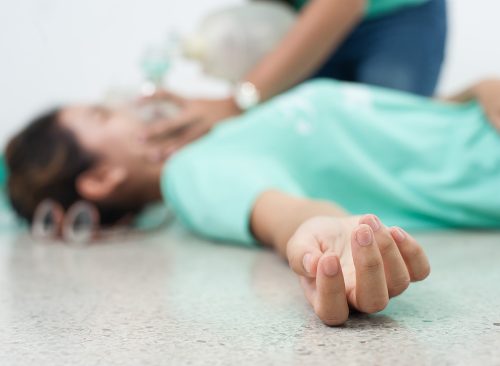
Due to the stopping of the heart, a person will also stop breathing if they are experiencing cardiac arrest.

Thus, they also lose consciousness. The majority of people who experience cardiac arrest don’t even remember it happening.
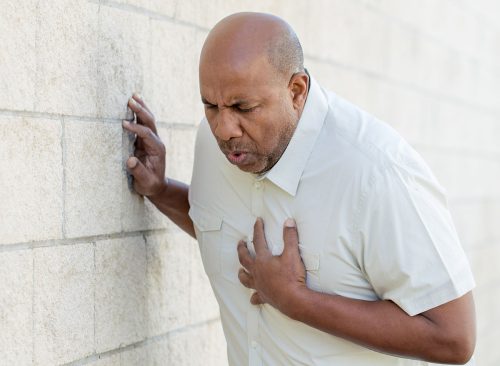
Sometimes other symptoms occur before sudden cardiac arrest, says the Mayo Clinic These might include:
- Chest discomfort.
- Shortness of breath.
- Weakness.
- Fast-beating, fluttering or pounding heart called palpitations.
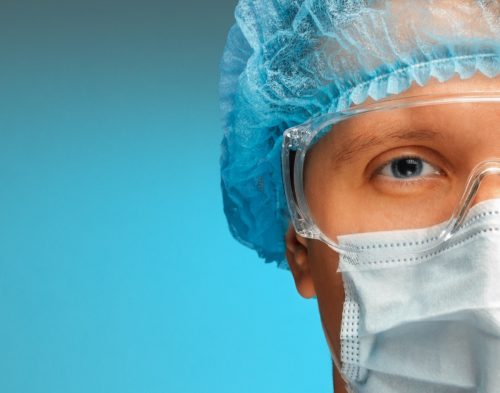
If someone goes into cardiac arrest, immediate treatment is needed. “Emergency treatment for sudden cardiac arrest includes cardiopulmonary resuscitation (CPR) and shocks to the heart with a device called an automated external defibrillator (AED). Survival is possible with fast, appropriate medical care,” says the Mayo Clinic.














